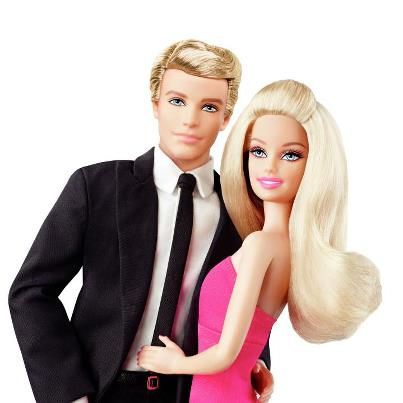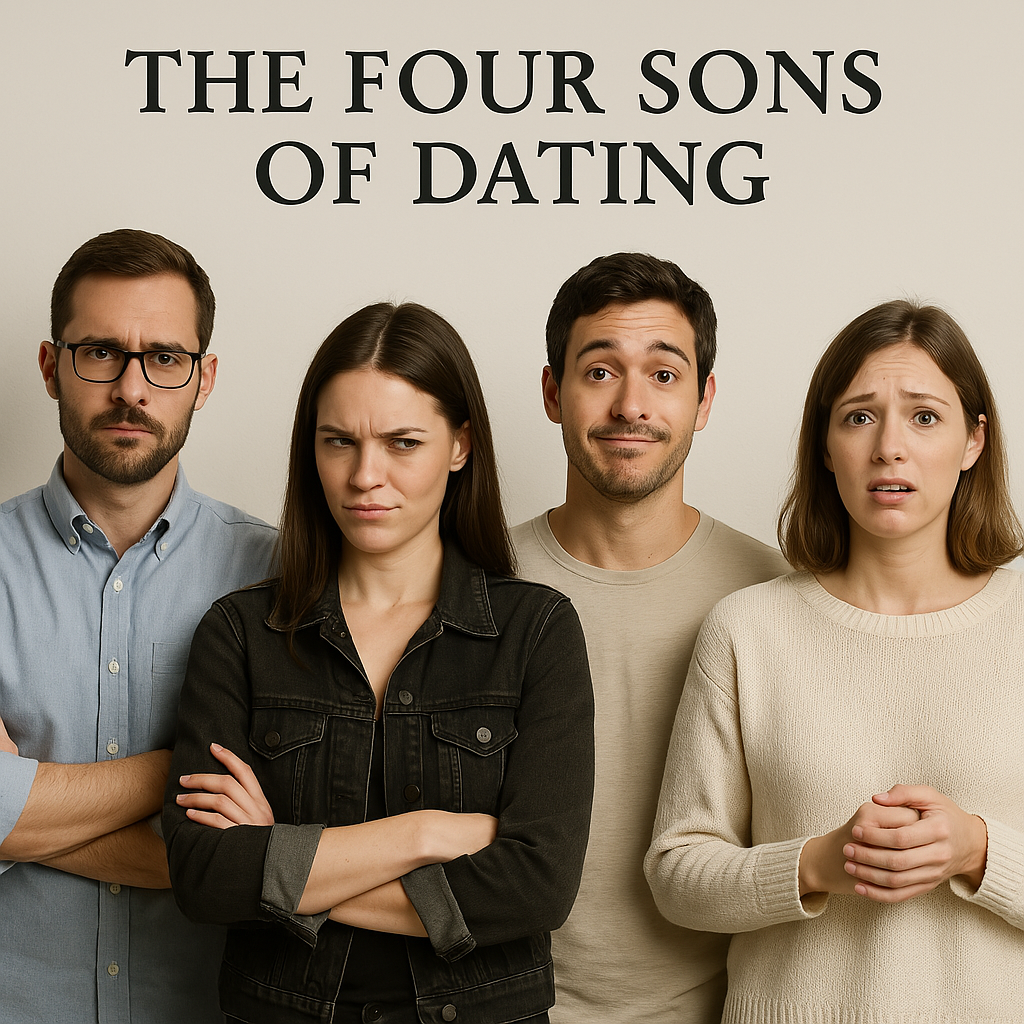What the new Barbie movie got wrong about relationships and what we can learn from it
The movie “Barbie” has taken the world’s box office by storm generating over 750 million dollars globally (as of this writing). Another record set was the fact that it was the highest grossing opening weekend movie directed by a woman. With a 91% on rotten tomatoes we have to ask ourselves why are people of all genders flocking to this movie? More importantly what is the message of the movie they are portraying and how are we to process this when it comes to its impact on couples relationship dynamics? Read on, we got you covered.
Warning: spoilers ahead. The film starts off with the character Barbie, played by Margo Robbie, who feels totally indifferent to Ken or any male figure and at the same time starts to experience feelings of death and possibly a deeper meaning of life. She is told to venture into the real world where she discovers from her viewpoint a patriarchy filled world opposite to that of Barbie land.
The basic implied idea of the film is that if the men ignore the women and the women ignore the men then the world would be a happier place. In the initial part of the film it seems as if women only exist if they are free from men and their existence is based upon their longing for being noticed by women.
Barbie, while not directed at a specific audience, definitely targets young adult impressionable viewers, extending their influence beyond the realms of childhood entertainment. Surprisingly, this seemingly lighthearted movie has left a significant impact on ideologies of couple dynamics. By analyzing the messages and values (whether agreeable or not) conveyed throughout the film, we can gain insights into how these colorful tales contribute to shaping perceptions of love, relationships, and gender roles.
These are the main issues that I believe the movie just got flat-out wrong:
Challenging Gender Stereotypes
One of the most remarkable aspects of the Barbie film is their ability or should we say inability to challenge traditional gender stereotypes. We witness female protagonists taking on diverse roles, ranging from Presidents and Doctors to explorers and scientists. Such portrayals present an empowering message to young girls, inspiring them to break free from conventional gender norms. Which is great! But they chose to showcase this only in Barbie land! As soon as Barbie reaches the real world they depict it as a male dominated patriarchy nightmare. Last we checked Mattel has 5 Women out of 11 currently serving on its board.
As couples we can engage in discussions about gender equality, encouraging both partners to reevaluate their own beliefs and biases to further connect with each other.
Empathy and Communication
Barbie revolves around themes of friendship, empathy, and open communication. But surprise, surprise mostly only when it came to friendships with women! Couples can learn valuable lessons by challenging the aforementioned lack of emotional IQ that the Barbies had towards men. When it comes to relationships of all kinds, understanding the importance of emotional intelligence and active listening in a relationship. All couples may be inspired to implement these qualities in their own interactions, fostering a deeper understanding and connection.
Reimagining Romantic Narratives
While romance remains a central theme in films in general, the narratives often portray love in diverse and unexpected ways. Not so in Barbie: we are presented with the exact opposite! Characters are not falling in love based on shared values, mutual respect, and genuine affection rather than relying solely on external appearances or material possessions. In Barbie women don’t necessarily need anyone at least for Barbie. By watching such narratives, couples can reassess their own notions of romance, focusing on building lasting connections founded on emotional compatibility and personal growth.
Cultivating Shared Interests
The film did encompass a wide range of genres and storylines, appealing to a broad audience. As couples watch these films together, they may discover shared interests, sparking conversations about hobbies, dreams, and aspirations. This process of finding common ground which was ignored with all of the “Kens” can enrich the bond between partners, fostering a stronger sense of unity and cooperation in their relationship.
Ultimately Ken should have been respected and Barbie should be respected as well. The importance of balance and equality in couple dynamics can not be understated. No one gender should be made to feel less than. Respect needs to be mutual.
This isn’t about left, right, down or up conservative, liberal democrat or republican. It’s about relationships. As a professional couples therapist in order for ANY relationship to be successful it is up to all of us irrespective of gender to create safety for ourselves and everyone around us and only then can we truly thrive independently and as a whole.
As a marriage and relationship therapist, I love to pick apart a good existential crises. Contact me if you want to explore your own Barbie inspired existential crisis.





